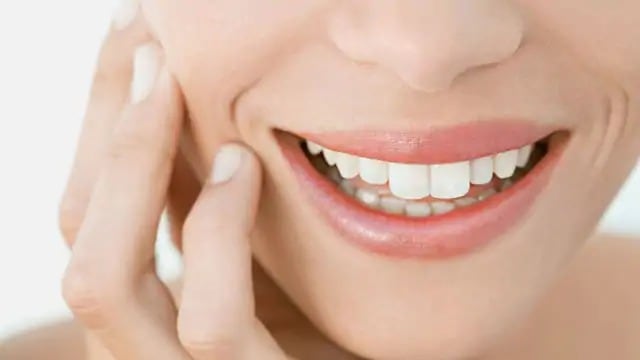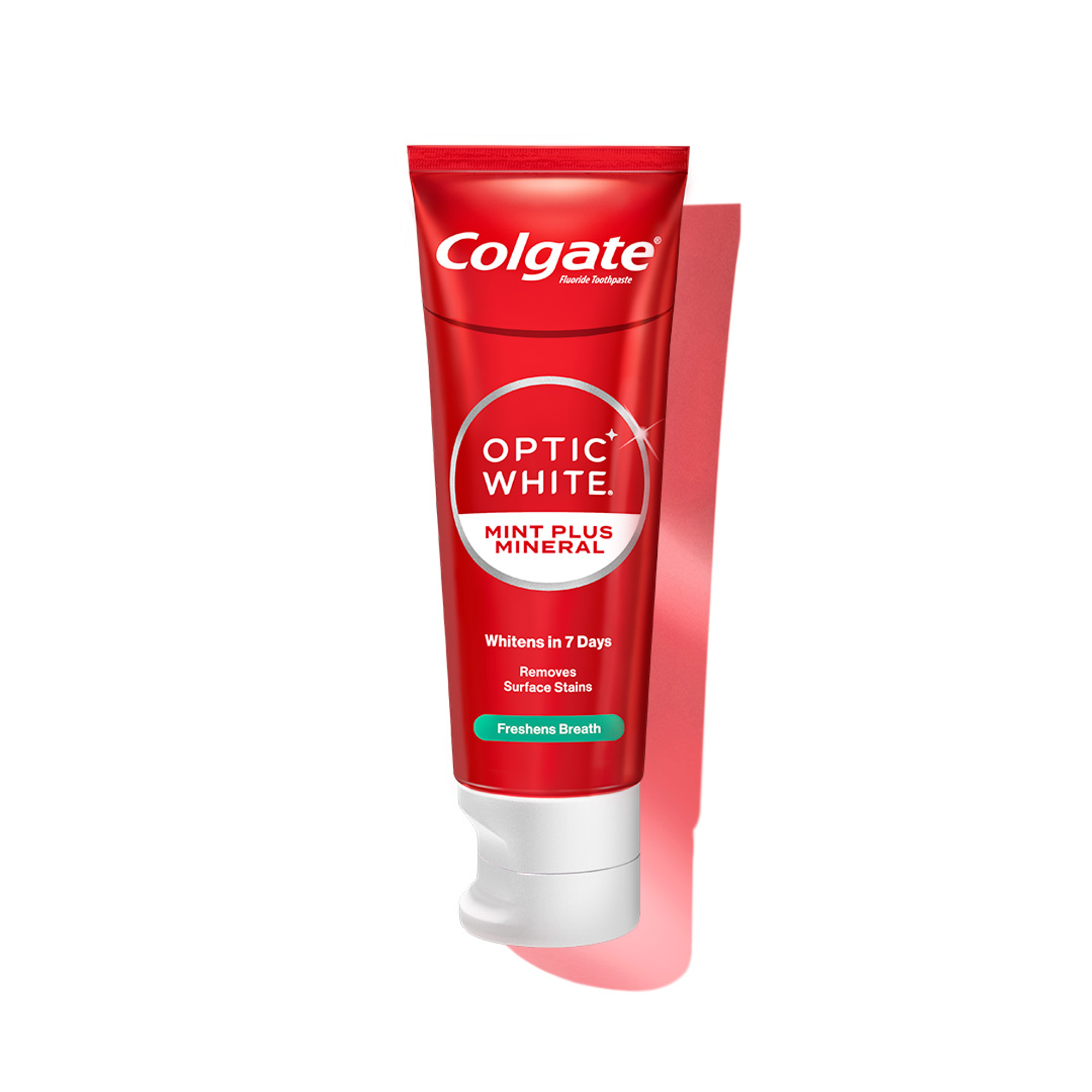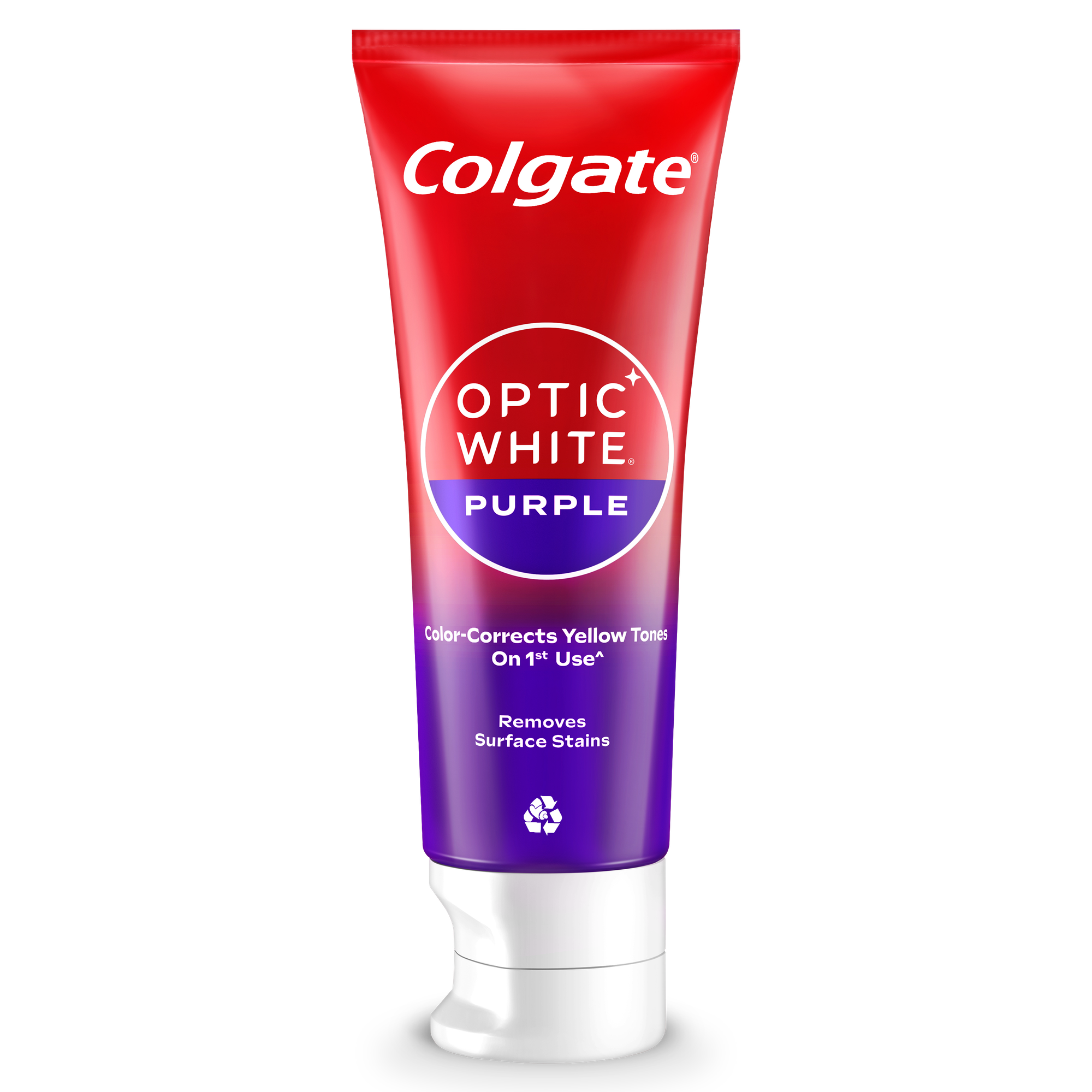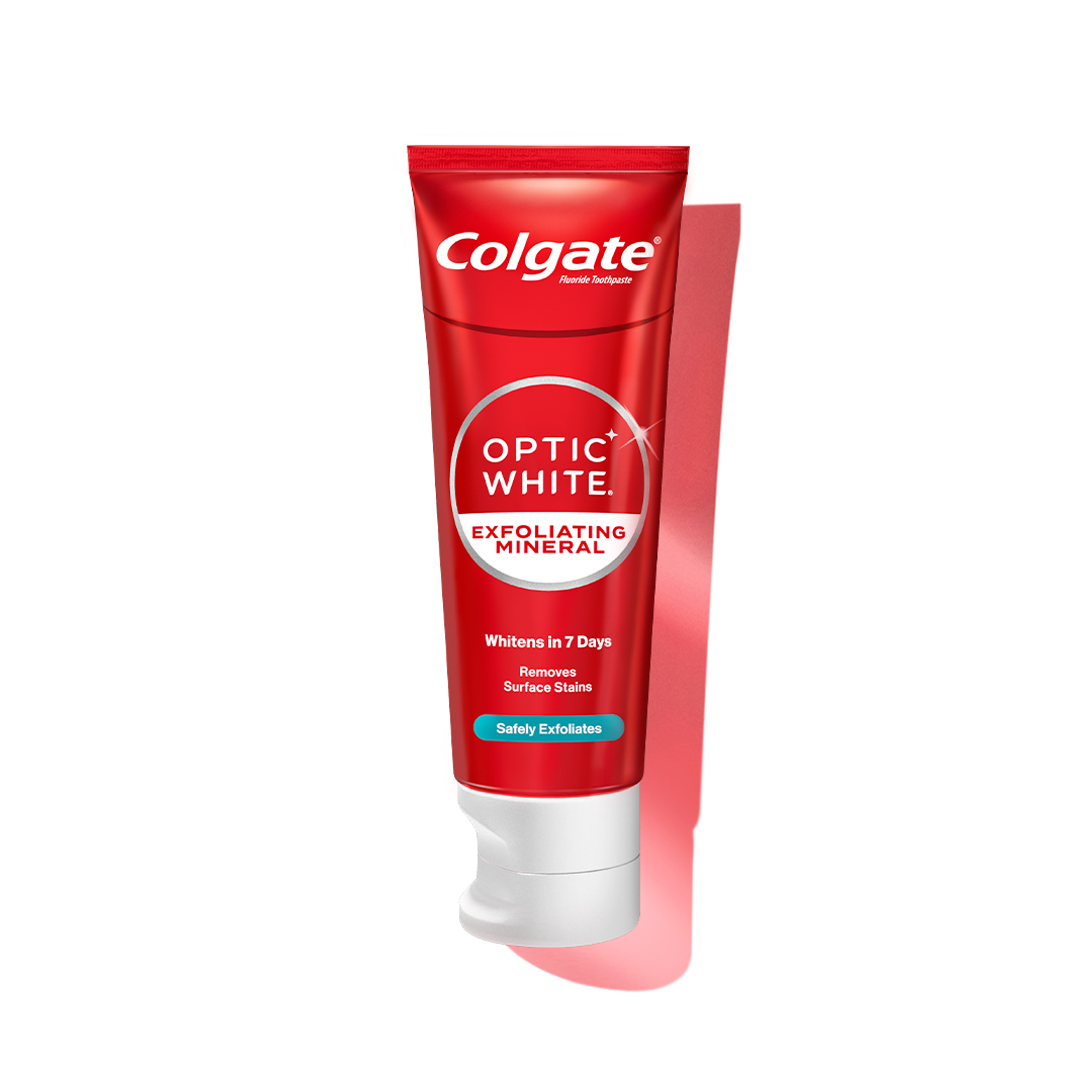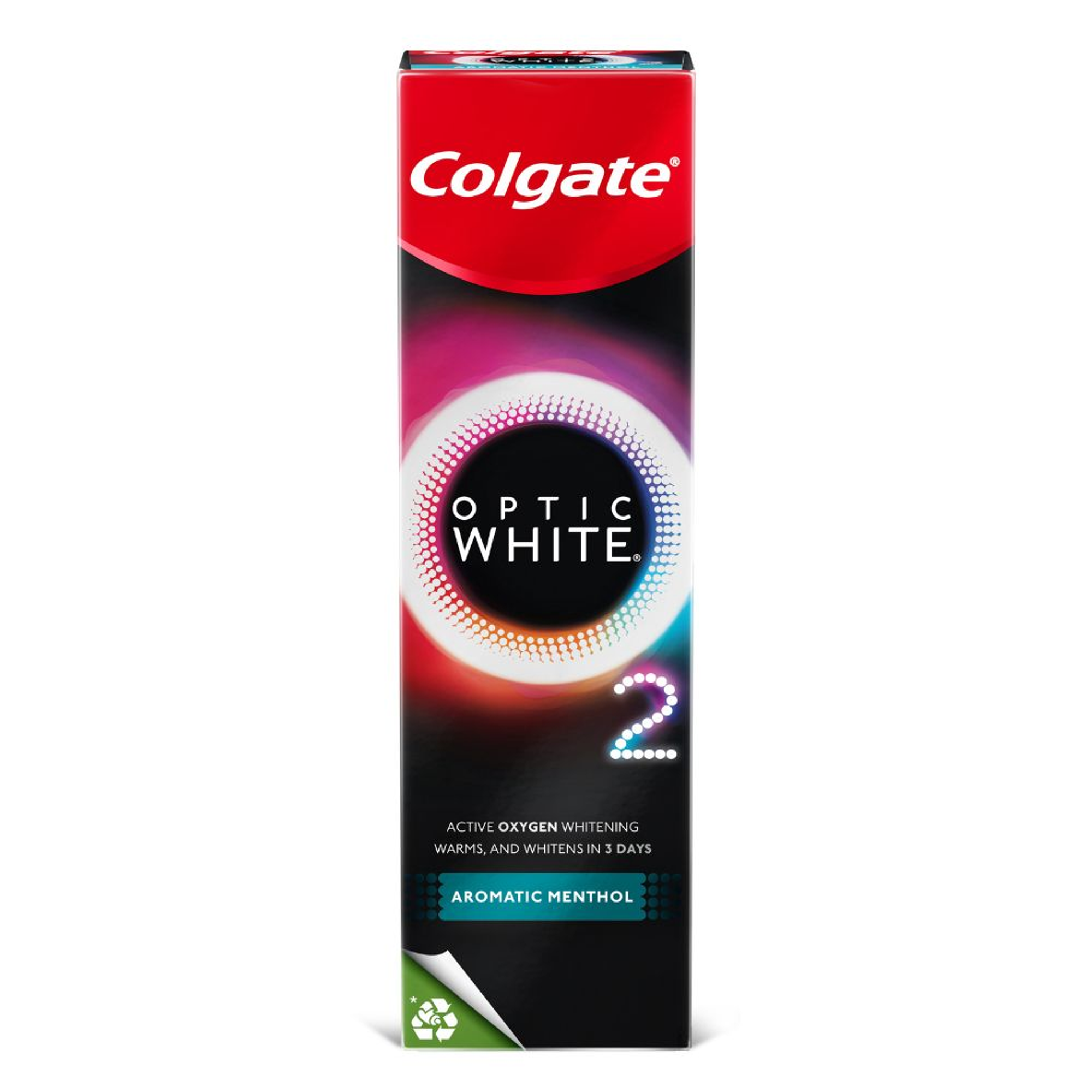What is the reason behind sensitivity after teeth whitening treatment?
A common reason for tooth sensitivity is that the bleaching agent, whether it be hydrogen peroxide or carbamide peroxide, causes a chemical reaction on the tooth surface. There are chances that the bleaching agent in your treatment may have been too concentrated for your particular mouth chemistry to handle.
This, in turn, increases the porosity of the enamel and makes it more sensitive to hot and cold foods and drinks. However, in most cases, this is only a temporary sensitivity. Moreover, over-exposure to whitening agents may also lead to sensitive teeth after whitening. But do not worry, as it is generally easy to handle. Check our tips below.
How to get rid of tooth sensitivity after whitening?
Whatever the reason for sensitive teeth after whitening may be, there are several steps that you can take to protect yourself from further irritation. However, if you experience any pain or discomfort that lasts for more than a few days, be sure to consult a dental professional.
Be gentle on your teeth
When you get back from your whitening appointment, it is important to be gentle when brushing. Use a soft-bristled toothbrush and lukewarm water so as not to irritate sensitive gums or allow it to develop into a persistent infection. Use fluoride toothpaste for sensitive teeth twice a day after brushing to help promote re-mineralization.

Use daily for teeth colour-correction
Use a soft-bristled toothbrush
It is best to be gentle when brushing after your teeth whitening treatment. Colgate® Cushion Clean Toothbrush can be an excellent option as its thinner bristle tips can gently clean all your teeth.
Avoid exposure to hot and cold drinks or food
To keep your teeth sensitivity in check after a whitening treatment, it is best to avoid exposing them to anything too hot or cold. This means no more ice-cold beverages and steaming soups for a few days after the treatment. If you cannot resist, drink them through a straw so that they bypass your sensitive teeth altogether.
Apply a sensitive teeth toothpaste
There are many toothpastes for sensitivity on the market that work by blocking the tubules in the dentin layer of your teeth, which is where most of the pain comes from. You should look for a toothpaste with potassium nitrate and/or arginine, as these ingredients have been shown to be effective in sensitive teeth. For example, using Colgate® Sensitive Pro-relief Repair And Prevent can help sooth your discomfort and allow you to enjoy a painless smile.
Try our Colgate® Sensitive Pro-Relief Whitening Toothpaste to get the sensitivity relief you want! >
Mouthwash
Use a mouthwash for sensitive teeth containing fluoride or potassium nitrate twice daily before bedtime. It will help to soothe the sensitive areas and provide relief. Go for Colgate® Plax® Bamboo Charcoal which has all the right ingredients to avoid further irritation.
Choose an Alternative Teeth Whitening Treatment:
Your tooth sensitivity could also be due to the process of teeth whitening. So consult your dental professional and try changing the treatment plan, whitening agent, or the concentration of whitening gel you are using. This can help to prevent tooth sensitivity and still give you the bright smile that you desire.
Limit the frequency of whitening procedures caused
If your sensitive teeth after whitening are by bleach, then limiting your number of treatments will help. This means that if you have sensitive teeth after the first treatment and want to do another session, it is best to wait until those symptoms disappear first. If they do not go away entirely or return right after doing a second session, it is best to try a different type of whitening solution. The same applies to treatments for teeth whitening for sensitive teeth.
Consult a dentist if the sensitivity persists
As mentioned earlier, sensitive teeth are a relatively common but temporary side effect of whitening treatments. Some people have success using toothpaste that is specifically for sensitive teeth, while others find relief from sensitivity by brushing their teeth before bedtime or rinsing them after eating acidic foods.
If your tooth sensitivity still persists, it is important to speak with a dental professional about how you can manage it, so it does not continue to affect your oral health and disrupt your daily life.





